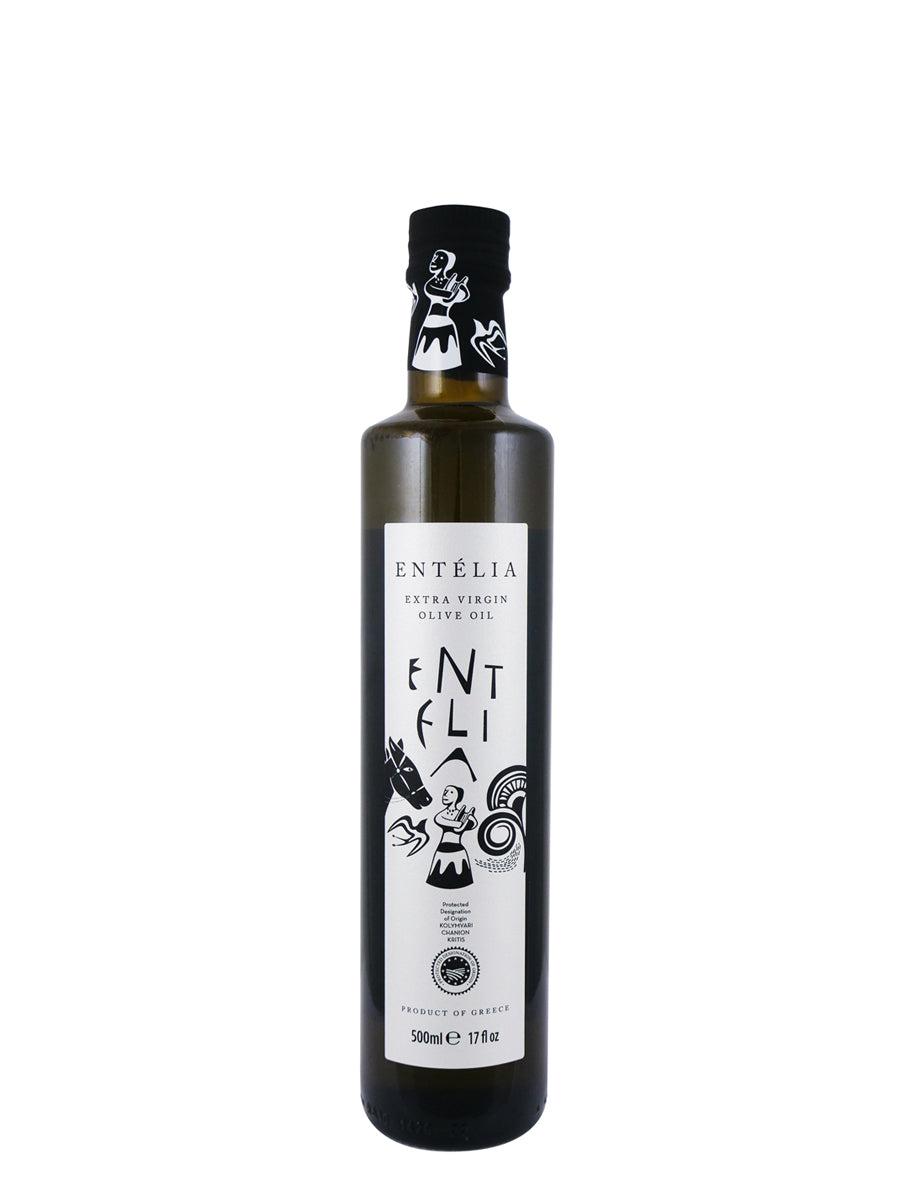Extra Virgin Olive Oil Benefits: A Natural Way to Reduce Inflammation
Extra Virgin Olive Oil Benefits: A Natural Way to Reduce Inflammation
Blog Article
Checking Out the Various Kinds Of Olive Oil and Their Uses, Consisting Of Additional Virgin Olive Oil
The expedition of olive oil encompasses a diverse series of kinds, each offering distinct flavors and cooking applications. Bonus virgin olive oil, renowned for its premium top quality and wellness benefits, offers as a staple in several kitchen areas, yet it is just one element of this multifaceted component. extra virgin olive oil benefits. Other selections, such as pure and refined olive oils, likewise warrant attention for their distinct residential properties and uses. Understanding these distinctions can significantly impact both food preparation methods and flavor profiles. What, then, should one take into consideration when selecting the appropriate olive oil for a certain culinary endeavor?
What Is Olive Oil?
Originated from the fruit of the olive tree, olive oil is a staple in Mediterranean cuisine and a crucial component in numerous culinary applications. This versatile oil is generated by pushing whole olives, leading to a fluid that varies in shade, scent, and flavor relying on the type of olives used, the region of cultivation, and the extraction procedure. Olive oil is primarily composed of monounsaturated fats, particularly oleic acid, which is recognized for its prospective health and wellness benefits, including anti-inflammatory residential or commercial properties and cardio support.
Along with its culinary uses, olive oil has a long background of application in traditional medicine and skincare, owing to its abundant antioxidant material (extra virgin olive oil benefits). The oil is frequently made use of in dressings, marinades, and for cooking methods such as sautéing and roasting. Its distinctive flavor profile can improve the taste of different recipes, making it a vital component for both home chefs and specialist chefs
Furthermore, olive oil is celebrated for its role in the Mediterranean diet regimen, which is linked with countless health and wellness advantages. As recognition of these benefits expands, olive oil proceeds to obtain popularity worldwide as a basic part of a healthy lifestyle.
Kinds Of Olive Oil
Comprehending the various sorts of olive oil is essential for both cooking fanatics and health-conscious consumers. Olive oil is categorized mainly based upon its removal approach and top quality, which significantly affects its aroma, wellness, and flavor benefits.

Light olive oil, regardless of its name, refers to a lighter taste and not reduced calories. It is ideal for those looking for a more refined preference in marinates and dressings. Furthermore, there are flavored olive oils instilled with natural herbs, spices, or citrus, which can improve dishes without the requirement for additional seasoning.
Each kind of olive oil offers details cooking purposes, and comprehending these distinctions enables customers to make educated selections that align with their cooking designs and health and wellness goals.
Extra Virgin Olive Oil
Extra virgin olive oil (EVOO) is widely considered as the highest possible top quality olive oil offered, well address known for its abundant flavor and numerous health benefits. To be categorized as added virgin, the oil needs to be created from fresh olives making use of mechanical procedures, without making use of solvents or extreme heat. This precise approach maintains the oil's natural tastes, anti-oxidants, and healthy and balanced fats, resulting in a product with a low level of acidity level of much less than 0.8%.
EVOO is abundant in monounsaturated fats, specifically oleic acid, which is connected to minimized inflammation and enhanced heart health and wellness. It likewise consists of polyphenols, effective anti-oxidants that may supply safety effects versus chronic illness. The flavor profile of EVOO can vary significantly depending upon the olive selection and region of production, ranging from fruity and verdant to robust and sharp.

Culinary Use Olive Oil

In cooking, olive oil can be made use of for sautéing, roasting, and grilling, offering a much healthier option to butter or other fats. Its high smoke point makes it suitable for numerous cooking methods, while its antioxidants add to a heart-healthy diet regimen. Drizzling olive oil over completed recipes, such as pasta, fish, or barbequed vegetables, can elevate flavors and add a touch of sophistication.
In addition, olive oil plays a substantial function in cooking, where it can change conventional fats in recipes for bread click here for more and pastries, imparting dampness and a refined taste. It additionally offers as a base for infused oils, allowing chefs to experiment with tastes such as garlic, herbs, or chili, additionally expanding its culinary capacity. On the whole, olive oil's flexibility makes it important in both home and expert kitchens.
Finding Top Quality Olive Oil
When picking top quality olive oil, it's important to take into consideration several essential aspects that influence the product's taste, wellness, and aroma benefits. Most importantly, opt for extra virgin olive oil (EVOO), which is acquired from the very first chilly pushing of olives and includes the highest degree of antioxidants and beneficial compounds. Look for oils that are accredited by recognized companies, as this frequently ensures adherence to rigid high quality standards.
The packaging likewise plays a significant function in maintaining the oil's honesty. Select oils saved in dark glass bottles review or tins to shield against light destruction. Pay attention to the harvest day; fresher oils offer superior flavor and dietary value, so choose items that are within 18 months of their harvest.
Be mindful of the taste; a great quality olive oil need to have a balance of fruity, bitter, and sharp notes, suggesting its richness and complexity. By assessing these aspects, you can ensure you are picking the best olive oil for your culinary demands.
Conclusion
In summary, the exploration of various sorts of olive oil discloses unique attributes and applications, with additional virgin olive oil standing for the pinnacle of top quality due to its reduced level of acidity and high antioxidant material. Its adaptability in cooking uses enhances flavors in dressings, marinades, and sprinkles. Understanding the different ranges of olive oil permits educated choices in cooking approaches, advertising much healthier practices while enhancing the general gastronomic experience. Quality selection continues to be important for optimal benefits.
Derived from the fruit of the olive tree, olive oil is a staple in Mediterranean food and a vital active ingredient in various cooking applications.The most typical types of olive oil consist of refined olive oil, pure olive oil, and light olive oil.Bonus virgin olive oil (EVOO) is extensively regarded as the highest possible high quality olive oil readily available, well known for its rich taste and many health benefits. Choose for extra virgin olive oil (EVOO), which is derived from the first chilly pushing of olives and has the highest possible degrees of anti-oxidants and advantageous compounds.In summary, the expedition of various types of olive oil reveals unique attributes and applications, with added virgin olive oil standing for the peak of quality due to its low acidity and high antioxidant material.
Report this page